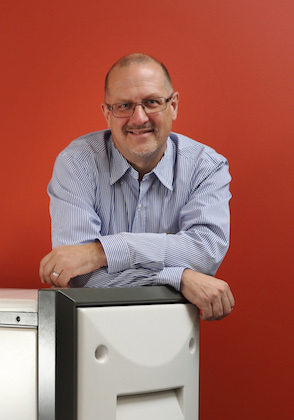
Redflow CEO Simon Hackett said Tesla’s ambitious pitch demonstrated the growing maturity of energy storage systems. “We believe that batteries have an integral role to play in the successful exploitation of renewable energy sources,” he said.
“Elon Musk’s promise to deploy 100 MWh of batteries for SA in 100 days is a big challenge, even for a US$40 billion company like Tesla. Redflow, which by contrast is a A$90 million company, is not configured to produce the required volume of batteries in the proposed timeframe.
“The issue here is not Redflow versus Tesla, it is about renewables and energy storage demonstrating their capacity to technically and affordably replace fossil fuels. I’d love to see a system of that scale running on the South Australian grid as soon as possible.”
For media assistance, call John Harris on +61 8 8431 4000 or email john@impress.com.au.
Related News
- Redflow batteries to store renewable energy for new children’s centres in Melbourne’s east Redflow CEO Tim HarrisAustralian energy storage company Redflow Limited (ASX: RFX) has signed an agreement to supply 32 zinc-bromine flow batteries for two new state-of-the-art c...
- Federal Minister’s visit unveils Redflow and Optus resiliency initiative for mobile networks (From left) Optus Retail’s Cameron Penfold, Federal Minister Paul Fletcher with Redflow MD Tim Harris and Redflow batteries Australian energy storage company Redflow Limited has p...
- Redflow batteries to power Optus mobile tower in Daintree rainforest Redflow CEO Tim HarrisAustralian energy storage company Redflow Limited (ASX: RFX) today has announced an order to provide six ZBM2 zinc-bromine flow batteries for energy storage a...
- Redflow applauds grid approval for Victron inverter Redflow CEO Simon Hackett Australian energy storage specialist Redflow Limited has welcomed news that Victron Energy’s MultiGrid 48/3000 battery inverter is now approved for conne...





